No serving State Department personnel were consulted for this piece.
They’re often overlooked in the constellation of people thanked for their service by the American people. I can’t tell you how many times, in and out of uniform, I’ve been thanked for my service. Every single time, I truly felt the thanks and was humbled by the gesture. But there’s another group of Americans who also deserve the thanks of a grateful nation and of a grateful people: our foreign service officers (FSOs) and the other career and professional employees of the United States Department of State.
American influence in this world, regardless of the era, had been shaped in large measure by the diplomatic underpinnings of our foreign policy. And it is the foreign policy of United States, backed by the prestige of the presidency, the power of the American economy, the attractiveness of American freedom, and the strength of the U.S. military that has created and maintained—and often defended—a community of nations unparalleled in history, whose common values and vital interests kept the peace in the Cold War, and largely sustained the peace in the aftermath. None of this would have been possible without our foreign service and the State Department.
In the last several years things have gone badly for the service and for the institution. Hiring is down, the budget is down, and morale is down. We have called upon one of the most professional cadres of women and men in the service of United States—our FSOs and ambassadors—to discharge a chaotic, incoherent, and inward looking foreign policy that has confused and frightened our allies, abetted the growing numbers of autocrats, and aided our enemies. We’ve walked away from some of our most important overseas commitments, picked fights with our oldest and closest friends, and made breathtakingly shortsighted decisions. And our precious foreign service has had to shoulder this burden with the patience of Job, who was also remarkable for his capacity to endure excruciating pain—another admirable quality of our diplomats.
From this quiet community has emerged one hero after another who have searched themselves, who have replayed their oaths of office over and over again, and are resigning and/or are now speaking up to defend their service, to defend their department, and to defend our precious Constitution. Enter Ambassador Marie Yovanovitch, an immigrant whose family fled both the Soviet Union and the Nazis, who as a child was called Masha by her family, and whose uncommon service to our nation landed her as ambassador to Ukraine (a difficult posting by any measure). She did well in this position but shortly found herself buffeted both by the inherent corruption inside the Ukrainian system and by corrupt Americans spiraling-in from some as-yet-undetermined orbit with the president of the United States. She resisted this corruption and was summarily removed. She was replaced by another FSO of high repute, Ambassador Bill Taylor, who similarly stood for the Constitution and against the corruption of American foreign policy for personal political gain.
All Americans—and much of the rest of the world—should be deeply grateful for America’s foreign service and for the likes of Ambassadors Yovanovitch and Taylor, and thousands of others just like them who’ve served quietly, oftentimes thanklessly, sometime fatally—but always honorably—at the outer edge of American influence.
As these officers come forward now to speak, they are indeed doing their duty and honoring their loyalty to their oaths and to the precious principles of the American Constitution. Yet some in the foreign service, and others who’ve served, are remaining silent during this threat to our democracy even when they fully grasp the corruption before us, and the naked threat to the sanctity of our system of government. History will be the final arbiter of their actions, and it will not be kind to the silent.
In their wonderful wisdom for the ages, the Arabs have a saying perfectly fit for this moment: “The greatest lies come from the words not spoken.” For those critical few who can speak up, they must speak up. They should take heart and example from these brave FSOs and our diplomats, search your souls and remember to what—and not to whom—they owe their allegiance: the Constitution of the United States of America.
So, three cheers for Masha and for our foreign service. And for the American people, the next time you thank an American in uniform, take another second and thank God for our diplomats.
The Brookings Institution is committed to quality, independence, and impact.
We are supported by a diverse array of funders. In line with our values and policies, each Brookings publication represents the sole views of its author(s).
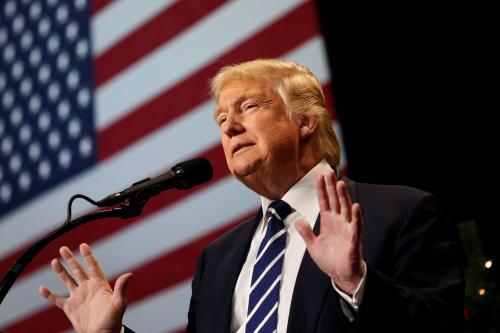
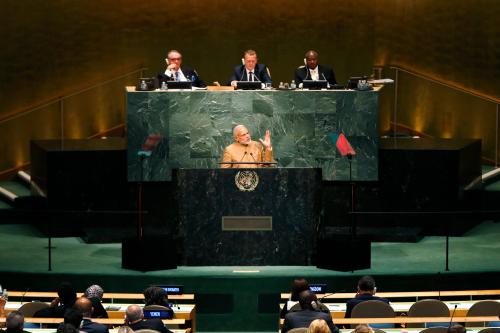

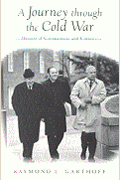
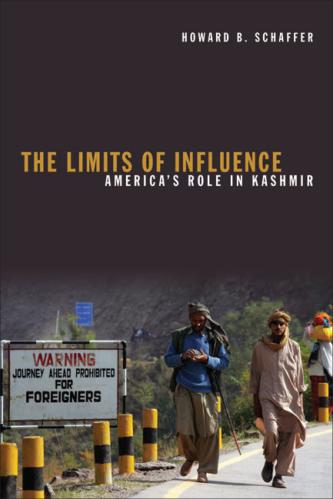

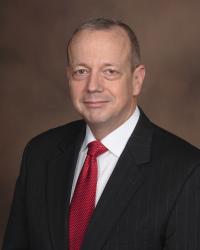
Commentary
Three Cheers for Masha: A brief tribute to our Foreign Service
October 12, 2019